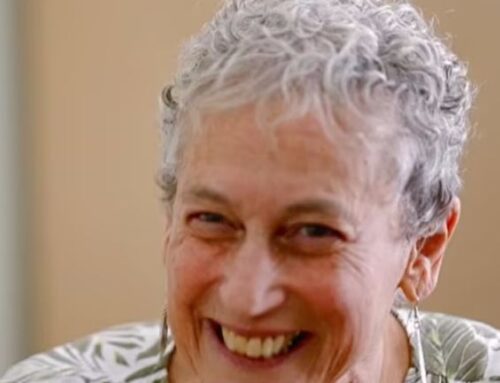The Quebec government has tabled a bill proposing to legalize euthanasia after several years of debate and consultation. The Belgium-style Bill 52, “An Act respecting end-of-life care,” introduced on June 12 by Véronique Hivon, minister for social services and youth protection, would define “end-of-life care” as “palliative care provided to persons at the end of their lives, including terminal palliative sedation, and medical aid in dying.”
The “medical aid in dying” would be administered by the doctors, thus qualifying as euthanasia. According to the new law, it would only be available to Quebec residents with health insurance who are “of full age” and “capable of giving consent to care,” have an “incurable serious illness” or are in “an advanced state of irreversible decline in capability,” and “suffer from constant and unbearable physical or psychological pain which cannot be relieved in a manner the person deems tolerable.”
The law also includes a “right to receive palliative care,” which includes euthanasia, and permits “end-of-life care” to be done at palliative care hospices. It permits nurses to euthanize patients in the home. The patients must request euthanasia themselves and the doctor carrying out the euthanasia request must have a second physician agree that the patient meets the criteria. A commission on end-of-life care will also be established to ensure the law is correctly implemented.
“This is not care. It is killing patients because they don’t get the proper care they should,” said Dr. Paul Saba, spokesman for the Coalition of Physicians for Social Justice, to the Globe and Mail. “We are giving a free hand to end the life of people. There will be abuse.”
Alex Schadenberg, executive director of the Euthanasia Prevention Coalition, wrote on his blog that the euthanasia bill does not exclude people with disabilities, depression and mental illness, or those not suffering from terminal illness. It does not mandate a waiting period, a medical exam by the doctor who gets the euthanasia request, a psychological evaluation, and other “preventative measures” such as controlling pain. “Bill 52 is full of false claims, euphemisms and ambiguous language,” Schadenberg said. “It is a very dangerous bill. Quebec needs to put Bill 52 aside and re-commit itself to improving true palliative care for all of its citizens.”
The Canadian Hospice Palliative Care Association and Canadian Society for Palliative Care Physicians said in a press release: “Canadians need to ensure that there is universal access to quality hospice palliative care before any introduction of medical aid in dying, more commonly referred to as euthanasia.”
The law currently has bipartisan support and makes an attempt to bypass the federal Criminal Code prohibition on assisted suicide and euthanasia by dealing with it as health care and the administration of justice issues, both provincial responsibilities. “There is nothing in the Criminal Code that deals specifically with an act to put an end to suffering in a medical context,” Hivon claims. She said that the provincial justice minister may also order that provincial prosecutors not charge doctors who euthanize patients as a form of legal insurance.
The federal government is already appealing a 2012 decision by the British Columbia Supreme Court that found Canada’s law against assisted suicide was unconstitutional. Federal Justice Minister Rob Nicholson said that the government will be looking at the implications of Quebec’s bill, but will not commit to challenging Quebec’s position.
“Given that the Conservatives clearly prefer a hands-off approach to contentious moral issues, and that the Parti Québécois would slam any interference as Anglo imperialism against decent, progressive Quebecers, it’s likely that an assisted suicide law, if passed, would stand,” speculates Matt Gurney in a column for the National Post.
Public hearings into Bill 52 are expected in the fall.




